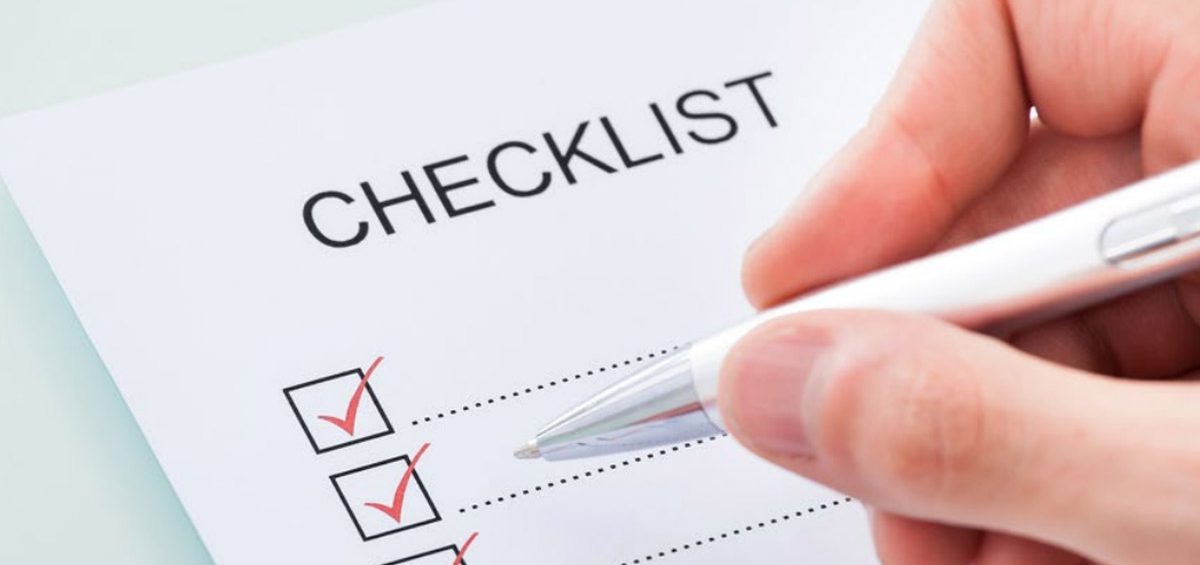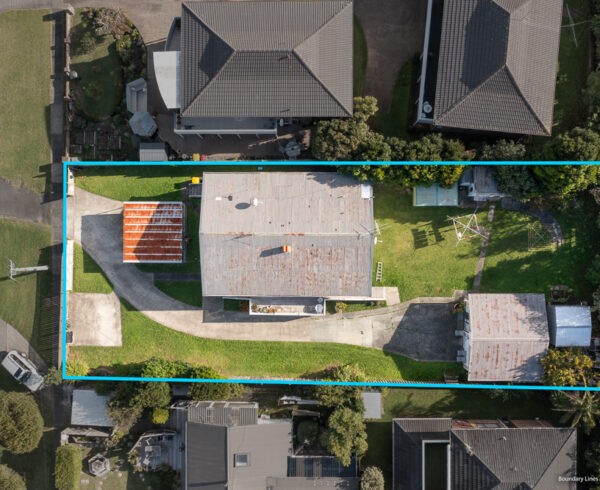Home ownership for many is an important goal to strive towards. For others, renting makes more sense. Choosing whether to buy or rent largely comes down to what you can afford. There are pros and cons to both options, and it’s really up to you to decide whether buying or renting is best for you. To help you make an informed decision, we’ve outlined some of the pros and cons to buying versus renting.
Buying offers security
An obvious advantage to owning your own home is that you’re not reliant on your landlord to determine how long you stay in your home. As a tenant you really have very little say in how long you’re allowed to stay in a rental property. Your landlord can ask you to move once your lease expires and can also terminate your lease early if he decides to sell the property.
Renting provides flexibility
One of the biggest advantages to renting is flexibility; being able to relocate to any area you choose once your lease expires or choosing a rental in an area because it’s close to work or a really good school. As a home owner, buying and selling is costly, which means you have less flexibility when it comes to relocating whenever you’d like to.
Renting can be cheaper
If your lifestyle or career requires you to live closer to an inner city location or you simply want to live in a particular area you can’t really afford to buy a property in, then renting is probably going to be a more affordable option for you. Renting also means not having to save towards a deposit which you’ll need when buying your own home.
Rents may rise
While the cost of renting may be more affordable now, rents will continue to rise in line with the increasing value of properties. Which means your rent will likely go up every year and you won’t ever stop paying rent. When you buy your own home, you have a sense of stability knowing your mortgage will be paid off within 25 to 30 years.
No extra costs
Probably the biggest advantage to renting is that as a tenant you’re not responsible for the extra costs, like maintenance, repairs, rates and insurance that go hand in hand with owning a home. As a tenant, your landlord would need to take care of these additional expenses.
Not your home
Renting a property means you’re very much at the mercy of your landlord. Your landlord can schedule regular property inspections to ensure you’re maintaining the rental property to the required standard, and you can’t make any changes to the property to improve the home, like painting a room or even putting up pictures on the walls, without your landlord’s permission.
An investment in your future
Think of your mortgage repayments as something of an enforced savings plan; every payment you make chips away a little more of your debt and accrues a little more equity in your home. As your equity grows, you’re able to use that leverage to buy other assets or make improvements to your home that add value to your property. Renting means you’re paying off someone else’s mortgage but never really benefitting from the value you’re helping create in that property.
Get onto that property ladder
As a first home buyer, knowing exactly when to buy instead of rent can be tricky. If you think buying a home is the right choice for you and you’d like advice on how you can get a foot onto the property ladder and buy your first home, get in touch with Mortgage Express.







Recent Comments